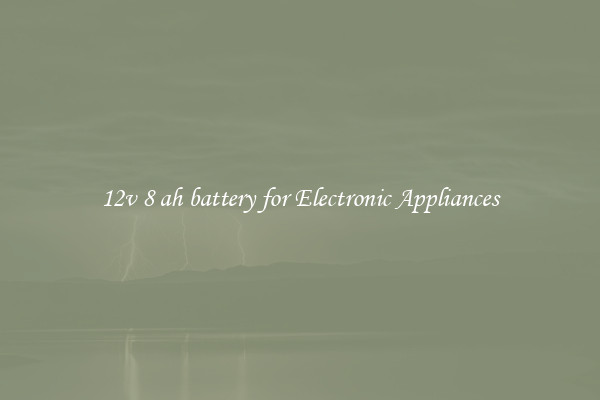electronic store lithium for Electronic Appliances
Lithium Batteries: Powering the Future of Electronic Appliances

In the fast-paced world of consumer electronics, innovation is the key to success. A significant part of this innovation lies in the development of efficient, long-lasting, and reliable battery technology. And when it comes to electronic appliances, lithium-ion batteries are undoubtedly taking the center stage.
Lithium-ion batteries, commonly referred to as Li-ion batteries, are the power source behind numerous electronic devices that we rely on daily. From smartphones and laptops to power tools and electric vehicles, the popularity of Li-ion batteries can be attributed to their exceptional energy density and rechargeability.
One of the significant advantages that lithium batteries offer is their high energy density, meaning that they can store a large amount of energy in a small size. This makes them ideal for electronic appliances, where compactness and portability are highly valued. For example, smartphones have become an essential part of our lives, and lithium batteries enable manufacturers to design sleek, slim devices while providing long battery life.
In addition to their compact size, Li-ion batteries have a superior rechargeability characteristic. Unlike other types of batteries, lithium batteries can be charged and discharged hundreds or even thousands of times without losing their capacity significantly. Their ability to retain charge retention over time means that electronic appliances powered by lithium batteries can be used for extended periods without frequent recharging, providing convenience to users.
The safety of electronic devices is another reason why lithium batteries are widely used. Due to their unique chemistry, Li-ion batteries are more stable and less prone to leakage compared to other battery types. They also have a low self-discharge rate, allowing electronic appliances to retain charge even when not in use for extended periods.
Moreover, lithium batteries have enabled the rise of electric vehicles. With concerns about climate change and depleting fossil fuel reserves, the transition towards renewable energy sources has become imperative. Electric vehicles, dependent on lithium batteries, offer a sustainable alternative to traditional gas-powered vehicles. The impressive energy density and longevity of lithium batteries have made it possible for electric vehicles to travel more extended distances on a single charge, contributing to a greener future.
As the demand for electronic appliances continues to grow, so does the demand for lithium batteries. Consequently, electronic stores are adapting to this trend by offering a wide range of appliances equipped with reliable lithium battery technology. Whether it is smartphones, laptops, or power tools, consumers now have more options than ever for devices that are energy-efficient, long-lasting, and environmentally friendly.
In conclusion, lithium batteries have revolutionized the world of electronic appliances. Their high energy density, rechargeability, safety features, and contribution to sustainable transportation make them an ideal choice for manufacturers and consumers alike. As technology continues to advance, it is safe to say that lithium-ion batteries will continue to power the future of electronic appliances, enabling us to stay connected and productive in this ever-evolving digital age.

View details

View details

View details

View details








